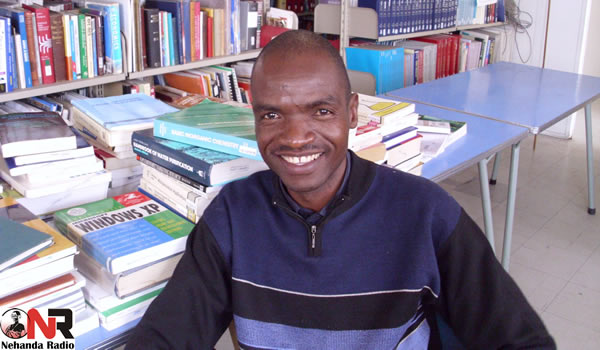By Etiwel Mutero
Even though a resolution by the Binga Rural District Council (RDC) to ban the teaching of Ndebele in Binga schools is receiving sharp criticism from the Ndebeles, the Shonas and the Ministry of Primary and Secondary Education, the author of this article believes the council made a noble and courageous resolution in a bid to protect the Tonga language, culture and tradition.

The Binga declaration was supposed to be supported by both the Ministry of Secondary and Primary Education and the Ministry of Sports, Arts and Culture but the education ministry has chosen to criticize and condemn a good resolution by the Binga RDC while the latter had chosen to keep quiet.
The no Ndebele in Binga schools resolution was supposed to be supported by the Minister of Primary and Secondary Education but the Minister is quoted in the Sunday News 14-20 September 2014 as saying the resolution “was a complex matter that required wide consultation.”
It is a complex matter in what sense? Who else requires to be consulted over this resolution besides the Binga community?
It is bad for the Shonas to try to Shonalize everyone who lives in Mashonaland while it is also bad and unfair for the Ndebeles to try to Ndebelize everyone who happens to be found in Matebeleland.
Let each tribe maintain and preserve its identity. What does a Tonga child benefit from learning Ndebele at school?
The author is reliably informed that at one point after independence schools in Binga were forced to teach English, Ndebele and Shona, a total of three “foreign languages” while Tonga the local language was totally not recognized for almost a total of twenty (20) years until the early 2000 when Tonga was introduced in Binga Primary Schools.
At a later stage Shona was dropped from Binga Schools while Ndebele was maintained because it was perceived by the Ministry responsible for education that Tongas were nearer to Ndebele or nearer Bulawayo than to Harare. However the Binga resolution is a Tonga clear message to Zimbabwe that they are neither near Bulawayo or Harare but they are near Zambezi mulonga wabaTonga.
There is no justification whatsoever to force the Binga school pupil to learn Ndebele. If there is any justification for that then Bulawayo schools must also introduce Tonga in their schools or how would parents in Bulawayo react if Minister Dokora announces that Bulawayo schools must start teaching Shona to primary schools kids?
The ministry of education officials are trying to deprive the Binga community of their language by hiding behind the finger of the so-called national curriculum. If that curriculum only recognizes Shona and Ndebele as the only indigenous languages to be taught in schools then that “animal” they call the curriculum is backward, outdated, unconstitutional, discriminatory and imperialist so to say.
The Ministry of education must free the Tonga kids and stop “colonizing” the Tonga kids and other school kids from other so-called minor languages in this country. Primary School kids must learn two languages, that is, English and their mother language.
I say thumbs up to the Binga RDC for its bold resolution, a resolution which has sent shock waves to those who think that their languages are superior to yours.
Refuse to be intimidated and fight for the protection and preservation of your children’s heritage and legacy.
Be resolute and fight for your right, a right to your language, culture and tradition. I hope you won’t let your language disappear like what happened to the San language in Plumtree.
Etiwel Mutero is a human rights activist and President of the RECORDS AND ARCHIVES MANAGEMENT SOCIETY (RAMSOZ).
You can email Etiwel Mutero on [email protected] or phone on +263773614293.






